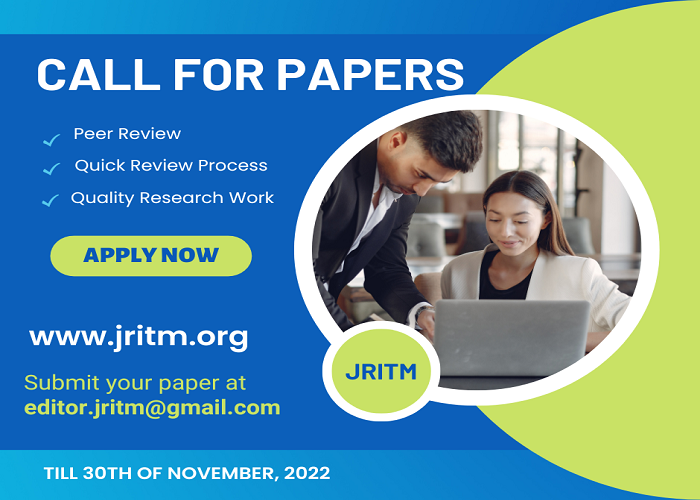Journal and research Blogs
What is Plagiarism?
Plagiarism is neither copying nor borrowing somebody else's intellectual property, and these terms actually demean the severity of plagiarism as an issue.plagiarism can result in highly negative consequences such as paper retractions and loss of author credibility and reputation.
- Firstly, reusing somebody else's material is a null point; as a researcher, you are there to expand on material that is already out there, not regurgitate old figures, stats and information. However, in some cases, researchers have been known to take lesser-known papers and try to pass them off as their own.
- Researchers hold a position of trust that is very often respected; however, once plagiarism has been committed, it will be tough to continue with that standing. Those who have committed plagiarism may, in turn, find it difficult to find another job, or other outlets to fund their research and journals.
- Plagiarism can result in highly negative consequences such as paper retractions and loss of author credibility and reputation. It is currently a grave problem in academic publishing and a major reason for paper retractions.
Plagiarism and Researchers
How to Avoid Plagiarism in Research?
Here are some guidelines to avoid plagiarism.- Paraphrase your content
- Use Quotations
- Use plagiarism checker tools
- Use citation software

